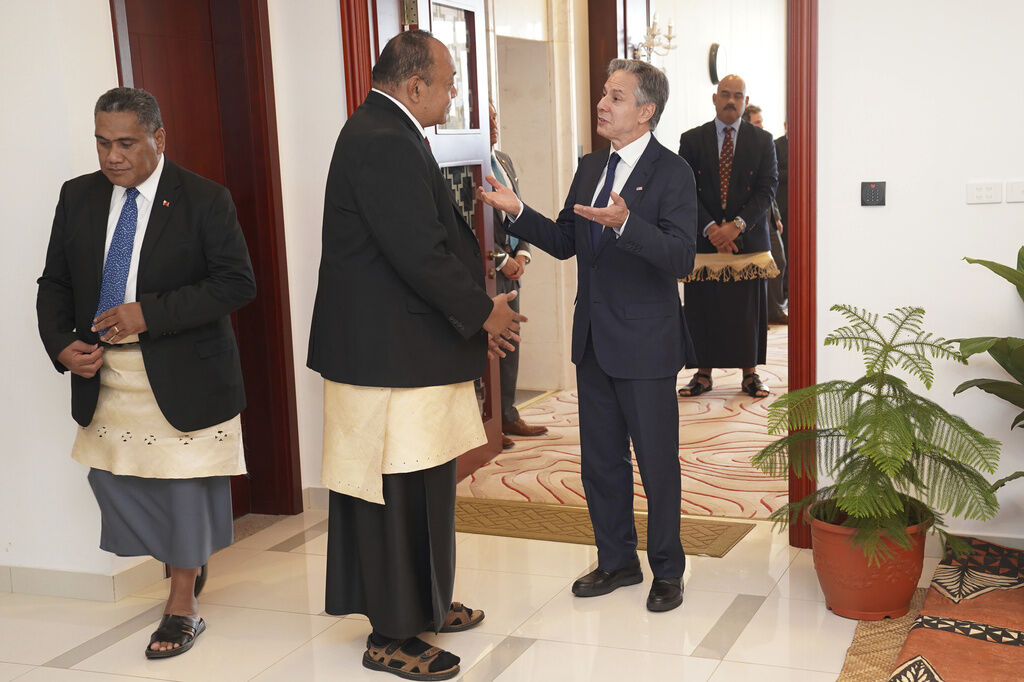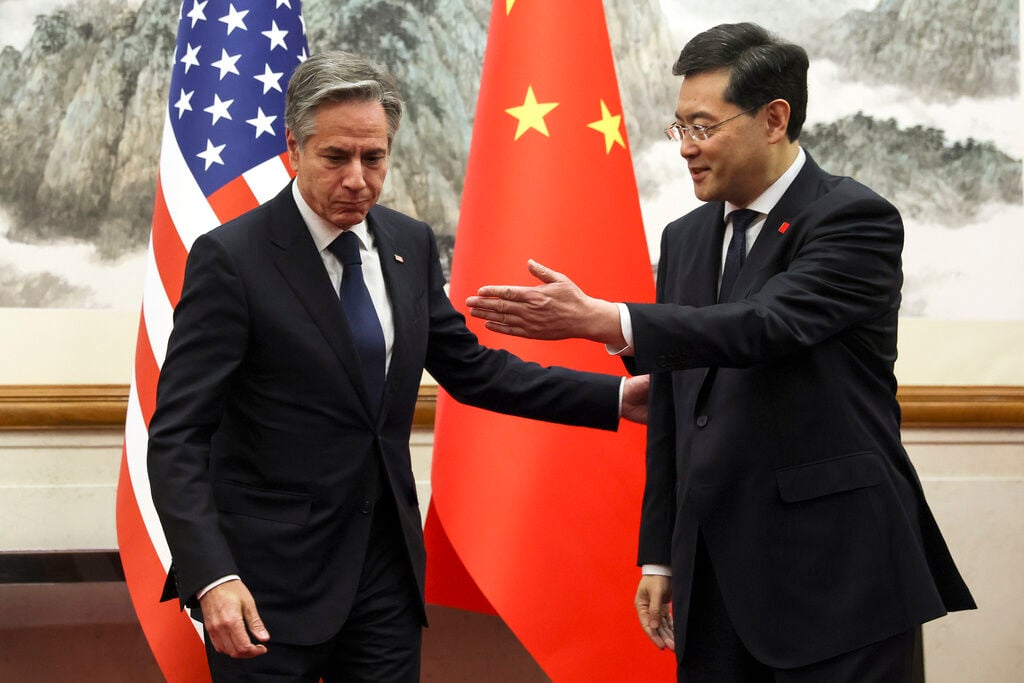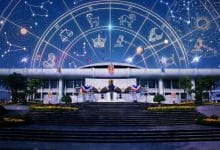Olive branch withers as US ‘undoes’ progress with Beijing trash-talking

A week after extending an olive branch to China, attempting to smooth over the perpetual political tensions between the two economic powerhouses, the United States once again undid any progress with another round of Beijing trash-talking. It seems there is a song, but the US are singing from different song sheets.
A week before, US diplomat Henry Kissinger met with President Xi Jinping in an alleged effort to improve political relations between the two nations. Kissinger famously met with Chairman Mao Zedong in the 1970s to improve relations regarding China’s involvement in the Vietnam War.
Simultaneously, US climate envoy John Kerry engaged in discussions in Beijing to find solutions for combating climate change, considering both countries are the world’s biggest carbon polluters.
Two weeks earlier, US Treasury Secretary Janet Yellen visited the Chinese capital to engage in talks with mainland diplomats to enhance dialogue. At the same time, US Secretary of State Antony Blinken met with Chinese foreign officials in an attempt to smooth over disagreements. On the surface, it appeared that progress was being made, but recent events proved otherwise.
Just last month, as relations seemed to be improving between Washington and Beijing, US President Joe Biden referred to Xi as a dictator, effectively undoing all the positive work that had been accomplished. Blinken, following in his boss’s footsteps, yesterday bad-mouthed China in Tonga.

The 61 year old warned of the perils of “predatory” Chinese investment as he dedicated a new embassy in the island nation of Tonga.
Blinken’s presence in Nuku’alofa yesterday marked the first official visit by a US Secretary of State to Tonga, underscoring Washington’s increased efforts to counter China’s growing influence in the region.
During the visit, Blinken emphasised the importance of the Indo-Pacific region to the US and acknowledged the priority issues for the people in the area, such as climate change, development, and illegal fishing, reported Aljazeera. Blinken said…
“We’re a Pacific nation. We very much see the future in the Indo-Pacific region. We really understand what is a priority for the people here, issues like climate change, development, and illegal fishing. There is a long list of things that we’re working on together, but it’s all driven by focusing on what’s concrete, what can really make a difference in people’s lives.”
However, Blinken also offered a barbed warning about aid from Beijing, cautioning that it often comes with strings attached. He highlighted the increasingly problematic behaviour from China’s engagement in the region, citing instances of “predatory economic activities and investments that undermine good governance and promote corruption.”
Tonga, an archipelago of approximately 100,000 people, became the latest target in the renewed US diplomatic push in the Pacific. The new US embassy in Nuku’alofa, officially opened in May, symbolized Washington’s renewed interest in the region, as stated by Blinken’s hosts.
Tongan Prime Minister Hu’akavemeiliku Siaosi Sovaleni welcomed Blinken, affirming their shared values of democracy, the rule of law, and the rights and freedoms of individuals. He said…
“His presence here today is a testament to the fact that our partnership is growing from strength to strength.”
This trip marked Blinken’s third visit to the Asia-Pacific in the past two months, following his visit to China last month and a recent trip to Indonesia for talks with Southeast Asian officials.
The situation showed that despite diplomatic efforts, the US-China relationship remains complex and challenging, with both cooperation and tension coexisting. That could be resolved however if they all sang from the same song sheet.
Latest Thailand News
Follow The Thaiger on Google News:


























